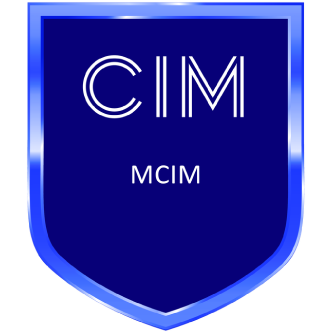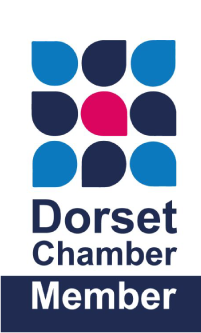Digital media presents endless opportunity for SMEs. Nowadays, anyone with a phone or laptop and an internet connection can grow their business online. But with so many platforms and forms of digital marketing, how do you know which one is right for you?

This article explores and defines common types of digital marketing, helping you to understand the differences, benefits, and any drawbacks. For tailored advice, contact the Somer Design team today!
Content Marketing
What is it?
Content marketing involves creating and sharing content with the intention of increasing engagement and sales. It strives to promote your products or services while also offering value to your audience. The content may not be explicitly promotional, instead, it genuinely helps your customer. Moreover, it targets a specific audience and can occur through the sharing of blog articles, social media posts, and more.
What does success look like?
Success is measured differently depending on your unique goals. Are you trying to build an audience? Are you trying to enhance client retention rates? Maybe you’re trying to increase authority? You can use various analytics tools to measure success and analyse your engagement, clicks, conversions, and other statistics. Ultimately, a successful strategy has great engagement, and results in more leads.
Are there any drawbacks?
Social media is a two-way street. To succeed on social media, you be an active contributor and engager. It’s give and take- let’s explain. You must post valuable, interesting, and professional content while also engaging with other accounts in your industry. Not only does this share your name, but it can also grow your industry authority. The drawback of this is that it can be time-consuming to engage online, and it may take some time to build an audience.
Is it right for you?
If you have an audience or want to build one, then a content strategy could be right for you.

Search Engine Optimisation (SEO)
What is it?
SEO stands for search engine optimisation. It is an organic marketing strategy that strives to rank your business highly on Google for relevant keywords. For example, let’s say you’re looking for an Italian restaurant in your local area. When you search ‘Italian restaurant near me’ in Google, the search engine crawls every website on the web, and ranks the most relevant and authoritative sites. Ideally, you’ll get a collection of local Italian restaurants on page one to choose from. You can enhance your website’s ability to rank for relevant keywords through the use of SEO.
What does success look like?
SEO success means high rankings, increased website traffic, and a great conversion rate. This means that people can easily find you, and they engage with your site once they’re there.
Are there any drawbacks?
It can take a few months for an SEO campaign to get up and running. This is because you need to grow your relevance and authority online in order to rank.
Is it right for you?
SEO is recommended for any business that has a website. This is because it is vital that clients can find you in Google when they search for the services you offer. If they can’t find your business, who will they engage with? Your competitors!

Google Ads
What is it?
As opposed to SEO which strives to generate organic traffic, Google Ads is a paid marketing approach. This means that you pay Google each time someone clicks on your Ad. Google Ads appear at the top of the SERP (search engine results page).
What does success look like?
When correctly optimised, your Google Ads can produce a steady flow of traffic. But the number of clicks you get isn’t the best way to measure success. Instead, you should assess your conversions- this means how many people engaged with your business once they clicked on the Ad. If they call, leave an enquiry, download something, or contact you in another way, this counts as a conversion.
Are there any drawbacks?
You pay for each time someone clicks on your Ad. Once you’ve reached the budget for the day, then your Ad will no longer appear on the search listings. And, of course, conversions are not guaranteed. This is why it’s so important to optimise your website and Ad copy to ensure you maximise conversions.
Is it right for you?
Paid Ads are a fast and effective form of marketing, but they also require a financial investment regarding Ads management and Ad cost. If you want to quickly generate new business, this could be right for you.

Social Media Marketing
What is it?
We touched on content marketing earlier in this article, but it’s also important to mention that social media platforms offer paid advertising options. For a price, you can promote your content via Facebook Ads, Instagram Ads, and Retargeting, thereby boosting your reach and hopefully increasing your leads!
What does success look like?
Ideally, social media Ads generate a high level of conversions- this means that you don’t just get clicks, but you also get sales. A measure of success may also be increased engagement such as more followers, likes, comments, or shares.
Are there any drawbacks?
Your campaign is only as successful as your conversions. If you invest in advertising your campaign but do not get any results, then is it worth it?
Is it right for you?
A paid social media campaign can help to support an ongoing content marketing strategy. You can boost high-performing posts and generate more interest online.





